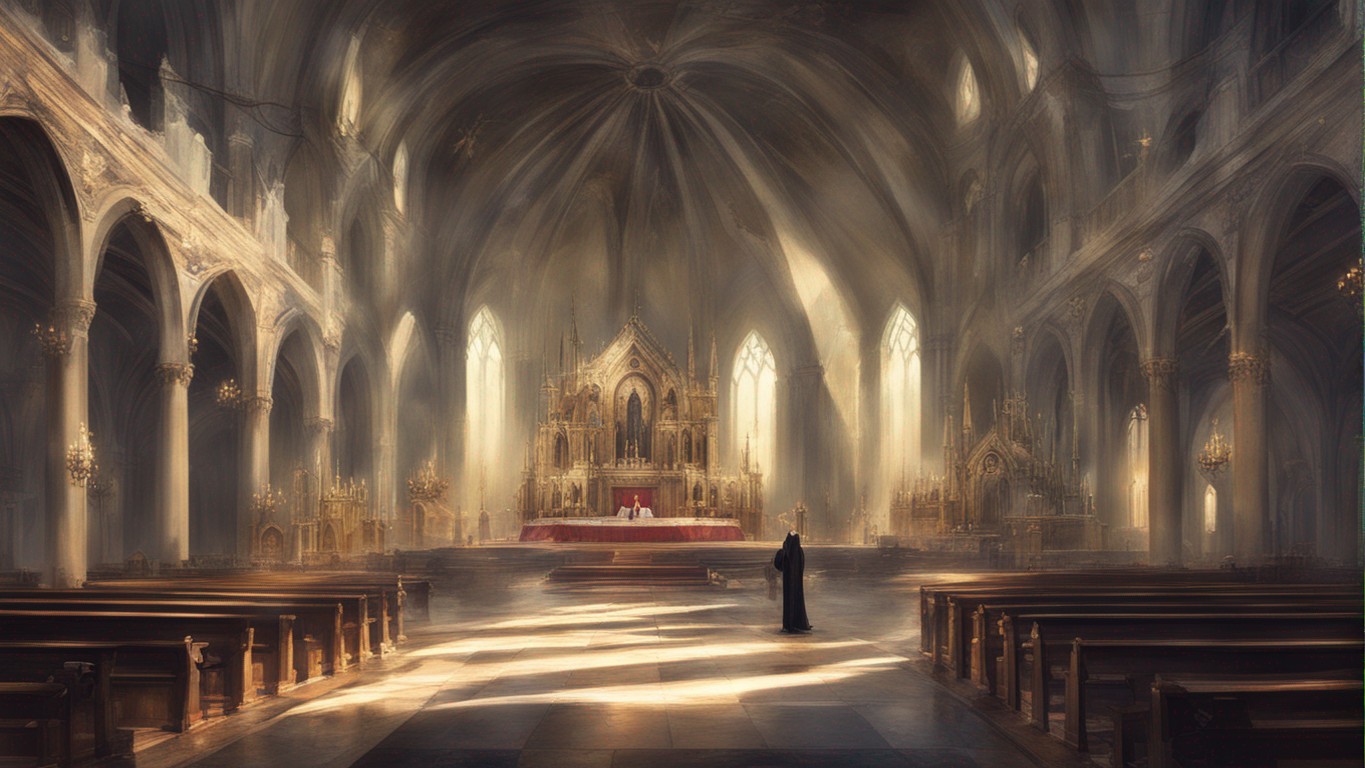A Confluence of Faith, Fear, and Media Frenzy
Novena Church, an emblem of faith and tranquility, found itself at the center of an intense debate following an exorcism conducted within its sacred walls. The event attracted not only religious circles but also skeptics, media, and professionals from various fields. In a society where spirituality and modernity coexist, the Novena Church exorcism became a polarizing topic, stirring a nation’s deepest convictions.
Novena Church—An Unexpected Ground Zero
Established in the 1950s, Novena Church has a long history of serving the Roman Catholic community in Singapore. The church found itself under an unusual spotlight when it became the stage for a high-profile exorcism. “A place of prayer, now a theater of spiritual warfare,” said a headline in the Singapore Times, succinctly capturing the shift in public perception.
More than Just Another Parishioner
The man at the heart of the exorcism was far from your average churchgoer. While his identity remains confidential, witnesses reported extreme symptoms such as convulsions, speaking in unknown languages, and exhibiting abnormal strength. “It was like a scene from a horror movie,” a witness was quoted in The Straits Times, adding an unsettling visual element to the narrative.
A Balancing Act of Faith and Protocol
Novena Church took great care in proceeding with the exorcism. Medical and psychological experts were consulted, and the ritual was led by a priest skilled in the rite of exorcism. The event itself lasted for several hours and involved the use of sacramentals like holy water and the St. Benedict Medal. “We have to remember, exorcism is a religious rite, not a spectacle,” the leading priest commented in an interview with Channel NewsAsia, stressing the solemnity of the occasion.
A Nation Divided
The controversy surrounding the exorcism generated heated debates across various platforms. While a majority of the church community supported the act, critics were just as vocal. Medical professionals, particularly psychiatrists, were cited in several articles questioning the ethical implications. “Possession or psychosis? The lines are more blurred than you think,” wrote a medical expert in an op-ed for Today Online.
Closure for One, Questions for Many
While the subject claimed to feel liberated following the ritual, the broader questions it raised were left unanswered. The church stood by its claim that the event was a bona fide spiritual confrontation. “We are firm in our belief that we’ve performed a sacred duty,” said the church spokesman in a press release. Yet, skeptics continue to dissect the event, leaving it open to ongoing interpretation.
An Ongoing Parable of Faith and Doubt
Years may have passed since the exorcism at Novena Church, but the event continues to be a subject of academic studies, religious discourse, and media reports. The incident challenges the limits of both spirituality and scientific understanding, forcing society to confront its beliefs about the supernatural and the explainable. “A chapter closed for Novena, but a book opened for societal discourse,” concluded an editorial in The New Paper.
